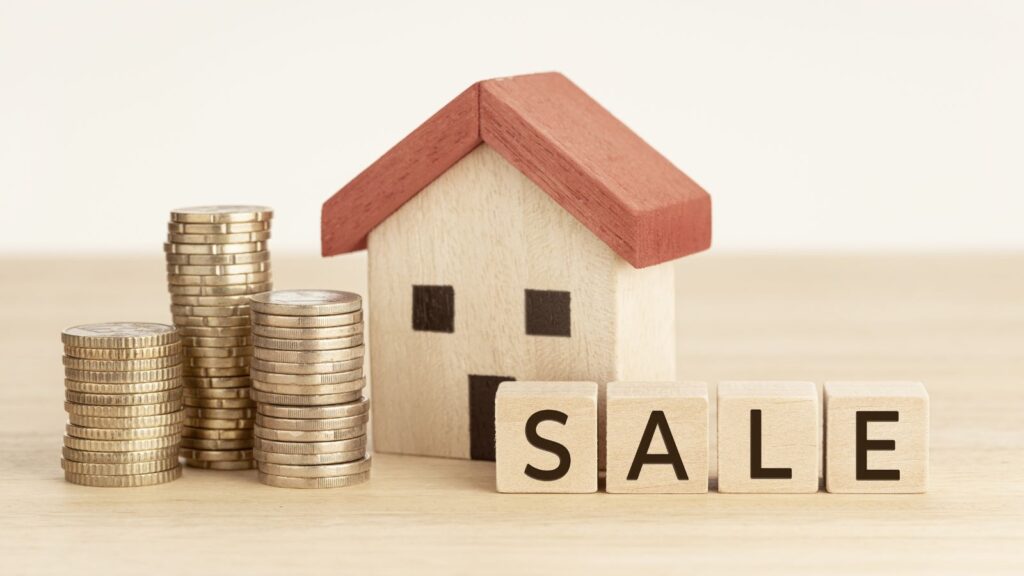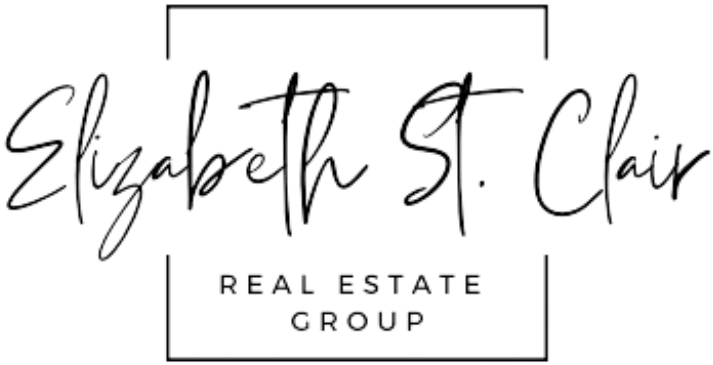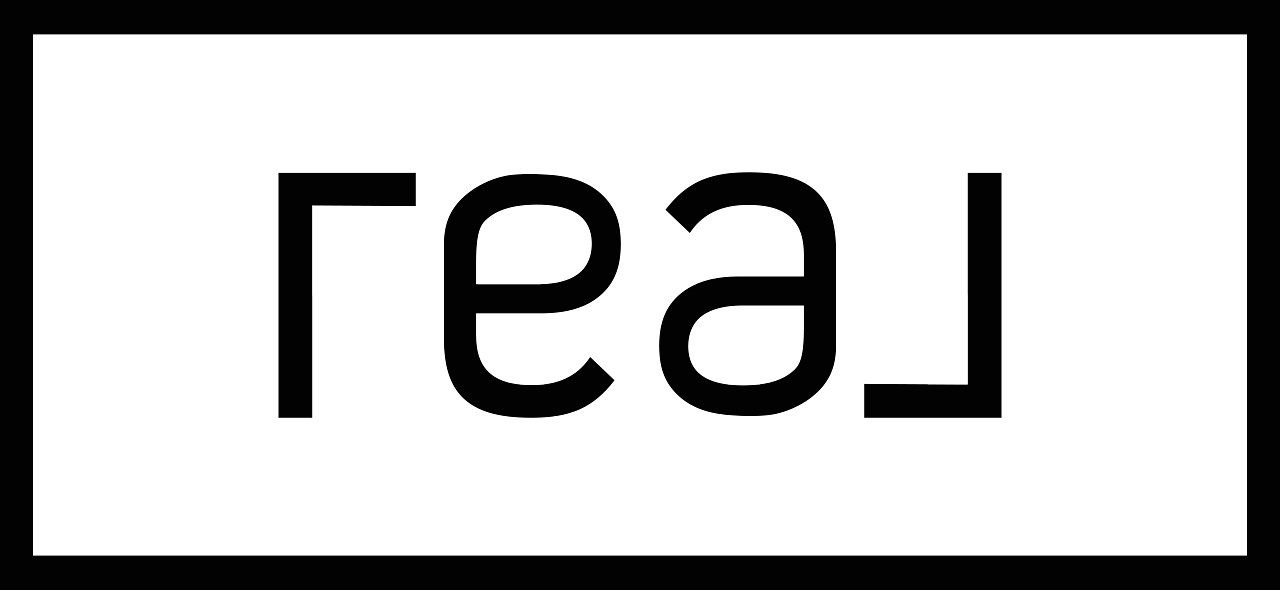Selling a home is more than just finding the right buyer; it’s about understanding the financial steps involved. From preparing your property to closing the deal, various costs come into play. Being informed about these expenses can help you plan effectively and maximize your profits. Whether you’re a seasoned homeowner or selling for the first time, this guide breaks down the common costs associated with selling a house to give you clarity and confidence as you move forward.

Preparing Your Home for the Market
The first cost sellers encounter often involves getting their home ready for listing. Depending on the property’s condition, this might include minor repairs, deep cleaning, or even renovations to enhance curb appeal. Painting, landscaping, and staging are popular investments that can make a big impact on potential buyers.
Professional staging services average between $500 and $2,500 but can lead to faster sales and higher offers. Simple DIY fixes, like replacing outdated hardware or adding a fresh coat of paint, are budget-friendly options for improving aesthetics. For older homes, addressing significant issues such as roofing or HVAC repairs may be necessary to avoid negotiation roadblocks later.
While upfront costs may feel burdensome, they often pay off by attracting more interest and competitive offers. By focusing on areas that matter most to buyers, sellers can ensure their home stands out in a crowded market.
Real Estate Agent Commissions
Hiring a real estate agent is a common choice for sellers, and their commission typically represents the most significant cost. In the United States, this fee usually ranges between 5% and 6% of the final sale price, split between the buyer’s and seller’s agents. For a $300,000 home, this translates to $15,000 to $18,000.
While this expense might seem steep, real estate agents provide critical services, including market analysis, pricing strategy, professional marketing, and negotiation expertise. Their knowledge often leads to faster sales at higher prices, ultimately offsetting their fee.
Some sellers explore alternatives, such as flat-fee services or selling by owner (FSBO). While these options reduce commission expenses, they also require more effort and risk, as sellers must handle marketing, negotiations, and paperwork on their own. Weighing the pros and cons of working with an agent ensures sellers choose the option that aligns with their goals.
Closing Costs for Sellers
Closing costs are often associated with buyers, but sellers incur expenses too. These costs generally amount to 1% to 3% of the home’s sale price. Key components include title insurance, escrow fees, and attorney fees, depending on local requirements.
Sellers may also face prorated property taxes and outstanding utility bills at closing. Additionally, transfer taxes and recording fees, which vary by location, are common responsibilities for the seller. On average, these fees combined can add up to several thousand dollars.
Understanding closing costs upfront helps sellers avoid surprises during negotiations. Your real estate agent can be a key factor in helping you learn and understand all fees, so you can walk away feeling more confident.
Home Inspection and Repairs
A buyer’s home inspection is a pivotal moment in the selling process, as it often determines whether the sale moves forward. If issues are uncovered, the buyer may request repairs or credits to address them. Common problems include plumbing leaks, electrical hazards, or structural concerns.
While some sellers opt to cover these repairs, others choose to negotiate the cost with the buyer. Pre-inspections, conducted by the seller before listing, can identify potential problems early and prevent surprises. These inspections typically cost $300 to $500 but can provide peace of mind and a smoother transaction.
Deciding how to handle inspection findings often depends on the market. In competitive environments, buyers may overlook minor issues, but in balanced markets, addressing repairs upfront can improve a home’s appeal.
Taxes and Mortgage Payoff
For most sellers, paying off the remaining balance of their mortgage is a critical part of the transaction. Depending on the loan terms, this may include additional fees, such as prepayment penalties. Contacting your lender for a payoff statement ensures you know exactly what to expect.
Capital gains taxes are another consideration, especially if the home has significantly appreciated in value. However, many homeowners qualify for exclusions: $250,000 for single filers or $500,000 for married couples, provided they meet residency requirements. Consulting a tax professional can help clarify whether you owe anything.
Additionally, sellers must account for prorated property taxes and potential tax liens. Ensuring these obligations are clear reduces complications and ensures a seamless closing process.
Miscellaneous Costs and Considerations
Beyond the primary expenses, several smaller costs can add up during the selling process. Professional photography and videography are essential for effective marketing, often costing between $150 and $500. These visuals significantly enhance online listings, drawing more attention from prospective buyers.
If you’ve already moved out, utility costs, maintenance, and security expenses for an unoccupied home can continue until the sale is finalized. Sellers with HOA fees must also keep those payments current to avoid delays.
Relocation costs are another factor, particularly if you’re moving long-distance. From hiring movers to storage solutions, planning for these expenses ensures a smooth transition. Keeping track of every expense helps sellers stay organized and avoid unexpected financial strain.
Marketing and Advertising Expenses
Effective marketing is essential to attract the right buyers, and while many real estate agents include marketing services in their commission, some sellers choose to supplement these efforts. Expenses in this category can range from a few hundred to a few thousand dollars, depending on the approach.
Common investments include professional photography, drone footage for aerial views, and virtual tours. These tools highlight a home’s best features and appeal to a broader audience. Printing costs for high-quality brochures, flyers, and signage can also contribute to marketing expenses. For sellers who opt to advertise independently, online listing services or social media campaigns may require additional spending.
In competitive markets, unique marketing strategies like hosting open houses or targeted digital ads can make a difference. Allocating a portion of your budget to professional advertising ensures your home gets the visibility it deserves, potentially leading to faster offers and better terms.
Time and Opportunity Costs
Selling a house often involves intangible costs that are easy to overlook but can significantly impact your experience. These include the time spent preparing the home, coordinating showings, and managing negotiations. For sellers balancing work, family, or other obligations, these demands can feel overwhelming.
Additionally, the longer a home stays on the market, the more it may cost the seller in terms of mortgage payments, utilities, and general upkeep. For those relocating, the need to carry two properties simultaneously—whether through a bridge loan or extended closing period—can create additional financial strain.
Understanding these opportunity costs encourages sellers to make strategic decisions, like pricing competitively and staying flexible with showings, to expedite the process. Partnering with professionals who handle the heavy lifting can help reduce these hidden costs while ensuring a smoother transaction.
Ready to Sell Your Home? Let's Connect
Selling a house involves various costs, but with the right preparation and guidance, you can navigate these expenses effectively and achieve your goals. If you’re ready to take the next step in selling your home, contact us today. Together, we can discuss your options, develop a strategy, and ensure a seamless selling experience tailored to your needs.



